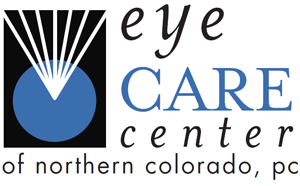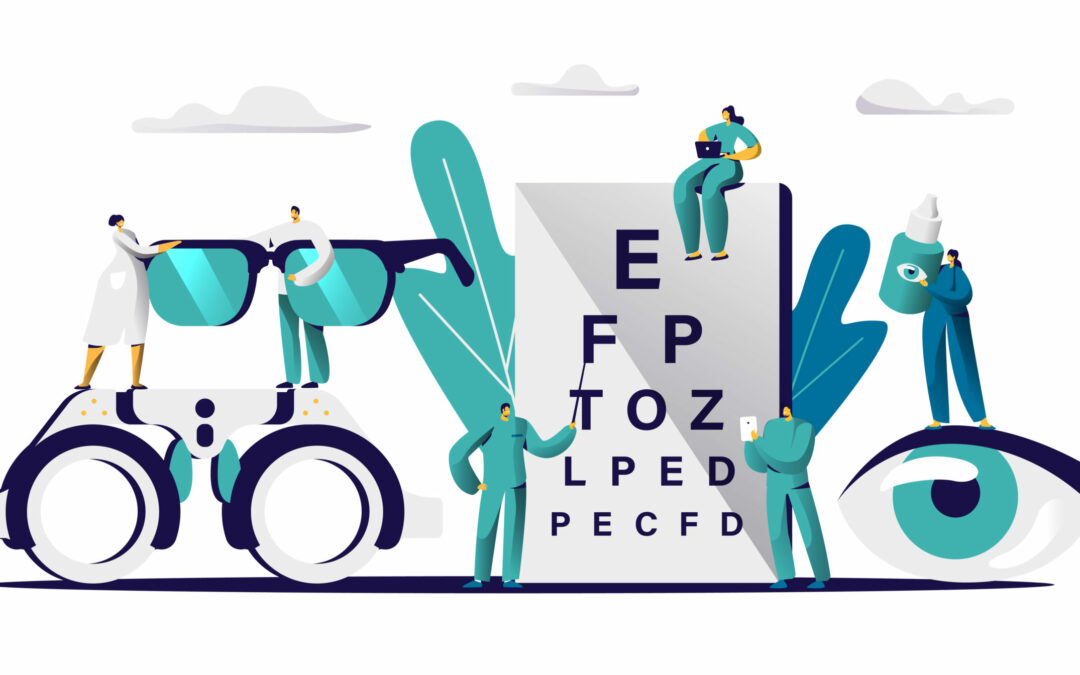We perceive much of the world through our ability to see it. Whether it is the shade of the sky telling us a storm is coming or the visual cue from a loved one that they are upset, our sight is invaluable. Many eye problems are actually preventable or maintainable if caught early. Do you know how to care for your eyes? Here is some information on how to limit risks to your eye health.
Take Care of Yourself
Taking care of your overall health will greatly contribute to the health of your eyes. Be sure to:
- See your general practitioner regularly
- Maintain a healthy weight (avoiding glaucoma and diabetic eye disease)
- Quit smoking
- Eat a diet rich in healthy foods (for instance, food abundant in vitamin A, beta-carotene, and omega-3s) See our blog on The Best Food for Eye Health for more essential knowledge
Be Aware of Your Family History
It is important to know your family’s eye health history. As early diagnosis can help to prevent vision issues, knowing a family member’s previous confirmation could be vital. Let that inform your doctor on what to screen and test for in your eyes.
Protect Your Eyes
Shield your eyes from the elements to prevent environmental factors from damaging your sight over time. Always wear sunglasses when outdoors. In the dry winter months, use lubricant eye drops and humidifiers to provide moisture and relief.
Eye Screenings
Vision screenings are a precursor to, not a replacement for, comprehensive eye exams. However, screenings are essential to troubleshoot possible problems that, if detected early, can be treated or fixed.
What is a screening?
According to Medline Plus and the U.S. National Library of Medicine, “a vision screening…is a brief exam that looks for potential vision problems and eye disorders. Vision screening is not used to diagnose vision problems.” Depending on who provides your screening and what the results are, you may need to schedule a comprehensive eye exam with your ophthalmologist.
Who needs to get a screening?
Children should receive screenings at several points from birth until 5-years-old. Healthy adults are urged to have regular eye exams, rather than screenings; however, an eye disease screening at age 40 is recommended.
Who performs the screening?
The American Academy of Ophthalmology informs that in addition to your child’s “pediatrician, family physician, ophthalmologist or other properly trained health care provider, they [screenings] are also offered at schools, community health centers or community events.” It is important to take advantage of these opportunities to protect your child’s eye health, especially since they often cannot understand or verbalize any symptoms they may be experiencing.
Eye disease screenings for adults should be performed by their ophthalmologist or optometrist.
When should my child be screened and what does it entail?
Regular screenings throughout your child’s early years will aid in diagnosing any potential problems with their eye health.
Newborn
Your newborn child should receive screening of the “red reflex”. The American Academy of Pediatrics states the test “is used to screen for abnormalities of the back of the eye (posterior segment) and opacities in the visual axis, such as a cataract or corneal opacity.” Newborns will also have their blink and pupil response tested.
6-12 months
Between 6 and 12 months, your child should be screened again for “red reflex” and blink and pupil response, as well as healthy alignment and movement.
12-36 months
Between 1- and 3-years-old, your child should receive a test for healthy eye development and a photoscreening test for amblyopia (lazy eye).
Preschool Screening
Around 3- to 5-years-old your child will receive their preschool screening which checks for vision acuity and eye alignment (strabismus).
What does an eye disease screening test for?
Adults should have an eye disease screening at 40 years of age in addition to their regular eye exams. This screening will test for:
- Diabetic eye disease
- Cataracts
- Glaucoma
Are screenings accurate?
Though screenings are often the first line of defense against a pervasive problem, they are not always accurate. Therefore, you should never miss a regular eye exam at your local Boulder, Greeley, Lafayette, or Longmont eye care center.
Eye exams
Early detection is vital to protect your eye health. Most eye diseases and issues can be cured or kept under control if diagnosed early on. It is important to maintain the recommended regular eye exams, especially if you have been alerted to an issue during a screening or have any of the following risk factors:
- Diabetes
- Family history of eye disease
- High blood pressure
- Ongoing disease or injuries
- A current prescription for eye glasses or contact lenses
Frequency of eye exams
Children
Your child should have their first actual eye exam at three to four years of age and then another every other year.
Adults
In adulthood, you should have at least one complete eye exam in your twenties and two in your thirties. At forty, you need to have an eye disease screening and baseline comprehensive eye exam. After 65, you should see your ophthalmologist every one to two years.
Exceptions
There are always exceptions to these standards.
- If you require contact lenses, you will need to see your eye doctor annually.
- If diabetic, keep up with both your primary care physician and your ophthalmologist every six months to a year depending on the recommendations of each of the health care providers on your team.
- Any eye injury should be seen by a physician/ophthalmologist.
Preserve and Protect Your Eyes
Eye health is intrinsic with regular screenings and exams, as well as your own vigilance. Never forget the importance of sight in your day to day life, and know that there are many precautions you can take yourself to protect your vision.
The Eye Care Center of Northern Colorado genuinely cares about your eye health. If you are overdue for a screening or comprehensive exam, call your local Greeley, Lafayette, Longmont or Boulder eye doctor today!
For more information on eye care, check out our related blogs:
The Best Foods for Eye Health, The Basics of Maintaining Good Eye Health, and Preventative Eye Care.
Resources and References:
https://medlineplus.gov/lab-tests/vision-screening/
https://www.aao.org/eye-health/tips-prevention/children-eye-screening
https://www.aao.org/eye-health/tips-prevention/screening
https://pediatrics.aappublications.org/content/109/5/980

